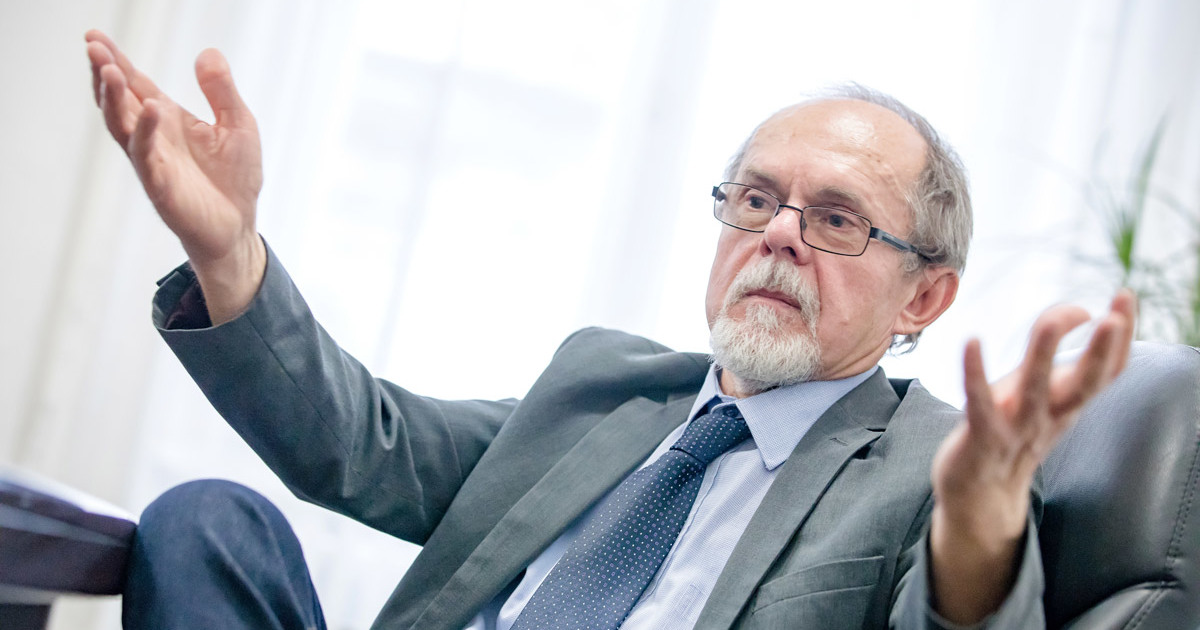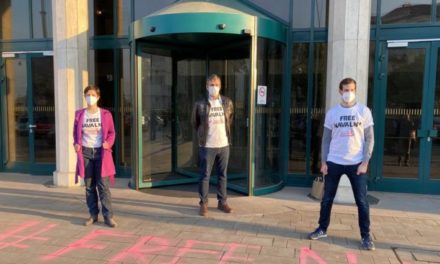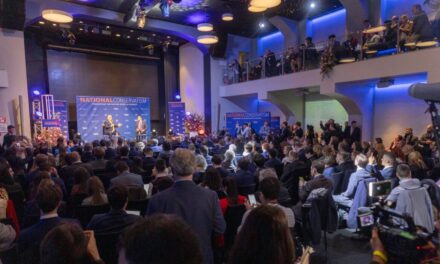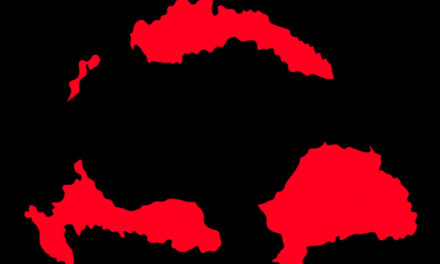The increasingly ominous chaotic swirl of our world would make it very important to learn from Kennedy's tragic fate.
Who killed Kennedy? Although we are already past the anniversary, I would like to bring up the "topic" in retrospect because it is instructive how the world handles this matter sixty years later. Of course, the question is not who specifically killed him, because an assassin executed the assassin, who was then also executed. The question would be who the principals were.
And this is not a historical exotic, which is now uninteresting, but a very current question, who are the masters of the world, what do they want, and why, for what reason and for what purpose do they do what they do.
JF Kennedy is one of the most mysterious figures in the history of the 20th century. As a member of a rich and influential family, he could have lived a life of carefree prosperity, but in the end, at a young age he became the victim of an assassination that will presumably remain unsolved forever. Because if he had already entered big politics, he could have easily followed the logic that the president of the United States of America is really just a driving belt. Global power aspirations come into effect through his person, and the role of the president is only to obey his global principals, but to do his work in a way that is credible, that is, in a way that is "sellable" to the voters.
It would be very difficult to identify exactly why he challenged fate against himself and recklessly confronted the forces that determine the world and the "tasks" of an American president.
We cannot seriously believe that he was not aware of the possible consequences of his actions.
However, his spectacular and defiant rebellion seems to indicate that he trusted in something that could have made his doom avoidable. So all we can do today is to try to summarize who or what this mysterious force could be that he rebelled against and that finally brought him down.
This something, the exact definition of which no one has been able to give so far, is not in the "background", but above us.
And this is not only a self-serving terminological blunder, but also directs our attention to a very important point of view. That this force, because it is above us, so we do not see it, despite all our efforts and hopes, it constantly does what it wants with everything and everyone.
Everything always happens exactly as he planned, or if, as a rare exception, sometimes it doesn't, he clicks with satisfaction that yes, I didn't want it that way, but it's even better this way.
And what's really shocking to us is that we have no idea how he does it all. Also, logically, there is only one explanation, or more precisely an assumption, that he is mentally superior to us to such an extent that we cannot really form an idea of his intentions, i.e. for what reason and for what purpose he does what he does, nor of the mechanism by which he conveys his will to our world.
Kennedy's physical destruction was presumably inevitable for the "non-existent" world power because he so defiantly disregarded the "higher will" and completely ignored increasingly decisive disciplinary signals that an example had to be set.
His fate cannot be compared to Nixon's, because Nixon was an obedient tool of this world power, he was not "character assassinated" by the world power, but merely allowed to fail in a fight at the level of dominance. In other words, Nixon was just a clumsy armor who put himself in an impossible situation, and the world power saw no reason to rescue him from his predicament.
Kennedy, on the other hand, was unstoppable, in fact, the more visible warnings he received, the more determined he became, so that there was no other tool left for the world powers besides physical liquidation.
In addition, he and his brother, Justice Minister Robert Kennedy, formed a tandem where this almost maddening determination made them unstoppable as a chain reaction. Therefore, when Robert also ran for president five years later, "preventive" liquidation was considered the only option against him as well.
Paying tribute to the bravery of the brother and sister, the joke of the old joke that "it's not blind, it's just reckless" comes to mind.
The Kennedy brothers were really blinded by their recklessness, they didn't see, or rather they didn't want to see, that their provocative drive, which disregarded all previous norms, could only lead to nothing in this form.
It is not clear what they trusted, why they did not see that their threats with legally legitimate means of forming the will of the nation-state were completely weightless in the face of this world power, that they did not have and could not have a "weapon" that would be effective in this unequal society.
They were overstretched essentialists, but they did not have a clear idea of what "victory" would mean to them, so their tragic death was a dramatic display of the lack of "essential realism".
Despite all his honorable efforts, the young Robert Kennedy in today's America is more than just a heartbreaking parody of the tragic fate of his father and uncle.
His narratives and the naive presentation of these narratives make him a weightless challenger, in such a way that he really does not need to be institutionally hindered, because he has no other resources than the use of family nostalgia as intellectual capital, and this is not sufficient for the starting momentum either for the ruling space or for the voters. not to mention the sequel.
Bottom line, sixty years later, we are no closer to understanding Kennedy's liquidation than we have ever been. However, the increasingly ominous chaotic swirl of our world would make it very important to learn from its tragic fate.
Cover photo: László Bogár
Source: Tibor Vermes/Demokrata












